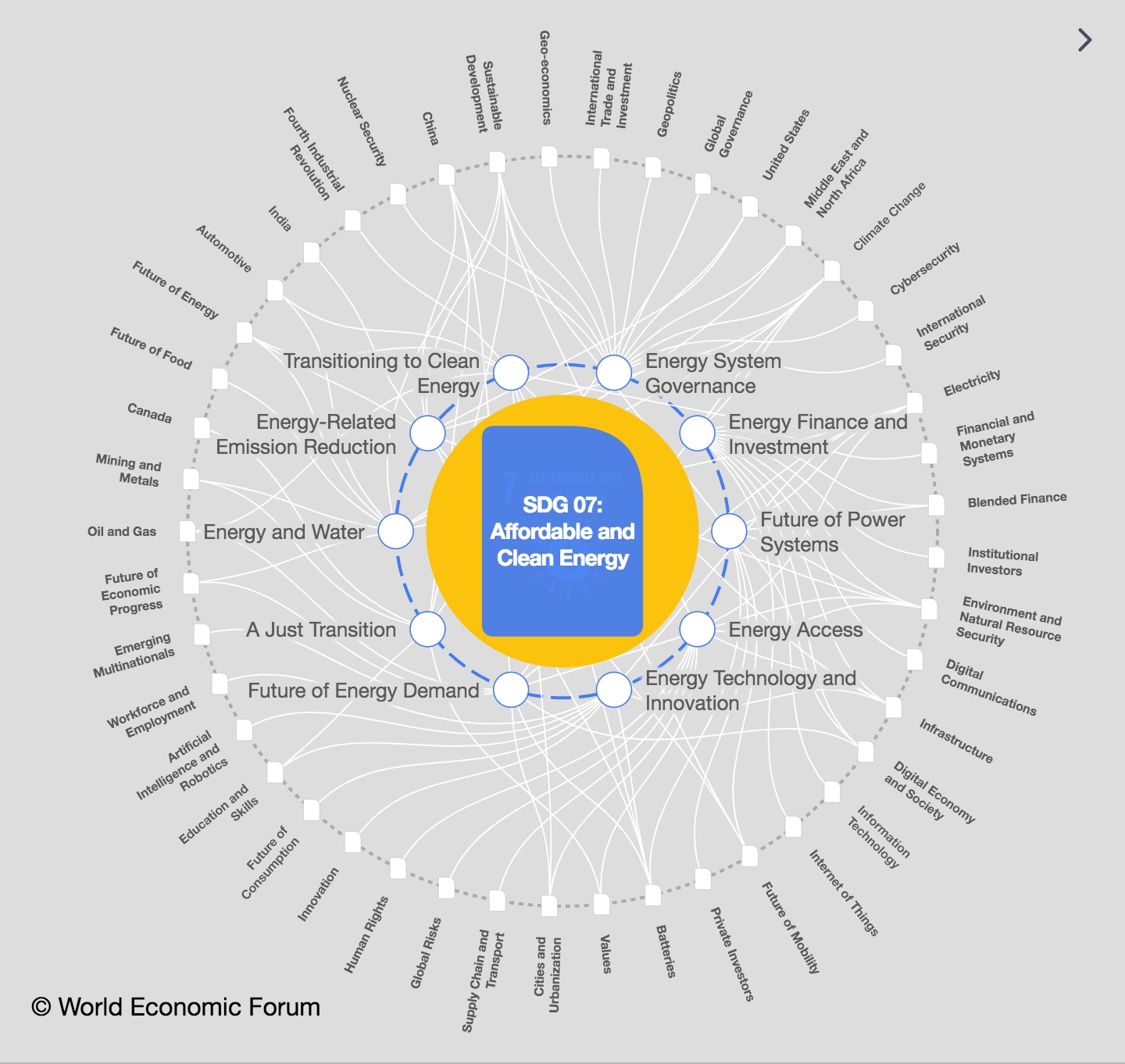These energy giants are developing offshore carbon capture and sequestration projects

BP is hoping to develop two separate projects off England's East Coast for carbon capture and sequestration Image: REUTERS/Aaron Sheldrick
- BP is teaming up with Eni, Equinor, National Grid, Shell and Total to develop offshore carbon capture and sequestration infrastructure.
- Emissions from two major industry hubs in the North of England - Teesside, and Yorkshire and the Humber - will be deposited in saline aquifers under the sea.
- Carbon capture is seen as key to meeting the UK’s goal of creating a carbon neutral economy by 2050.
BP is to lead a consortium of energy companies in building infrastructure to sink 27 million tonnes of carbon emissions a year under the UK North Sea from 2026.
The oil and gas giant is teaming up with Eni, Equinor, National Grid, Shell and Total on the Northern Endurance Partnership (NEP), with BP as an operator, to develop new technology for carbon capture and sequestration.
NEP has outlined plans to develop an offshore pipeline network to transport captured CO2 emissions from two regions in the country's industrial north to geological storage under the sea off England's east coast.
Decarbonization ‘of almost 50% of UK’s industrial emissions’
If successful, the NEP infrastructure linked to the Net Zero Teesside (NZT) and Zero Carbon Humber (ZCH) initiatives will enable the decarbonization of nearly 50% of the UK’s industrial emissions. Both aim to be commissioned by 2026 with the intention of achieving net zero by as early as 2030, through a combination of carbon capture technology, fuel switching and hydrogen.
NZT is carbon capture and sequestration project based on Teesside in the northeast of England, where BP will work with the oil companies in the NEP through a separate scheme.
It aims to capture up to 10 million tonnes of carbon dioxide (CO2) a year – equivalent to the annual emissions from up to three million homes in the UK – from the mid-2020s. The aim is to decarbonize a cluster of carbon-intensive businesses in Teesside, effectively making the UK’s first 'zero-carbon industrial cluster' by 2030.

Meanwhile, the ZCH scheme at Humberside – operated by another partnership of 12 companies and organizations including Associated British Ports, British Steel, Drax Group, National Grid Ventures and SEE Thermal, among others – expects to capture a minimum of 17 million tonnes of CO2 a year by the mid-2030s.
Forecast to come online from 2026, it aims to be the world’s first net-zero industrial cluster by 2040.
Carbon capture and sequestration are vital to meeting climate goals
Carbon capture and sequestration is the process of collecting or trapping carbon emissions from a large-scale source – such as a factory, power station or refinery – and permanently storing them. Carbon capture usage and storage refers to a similar process where the captured carbon dioxide (CO2) can be used to make plastics and in other manufacturing processes.
Both are seen as key to achieving not only the UK’s mission to create a carbon-neutral economy by 2050, but also to meeting global climate goals, as outlined in the 2016 Paris Agreement.
The long-term objective of the carbon capture and sequestration accord, which is an agreement within the UN Framework Convention on Climate Change, is to keep global temperatures to well below 2°C above pre-industrial levels and, if possible, below 1.5°C.
The World Economic Forum is supporting global decarbonization efforts through its Mission Impossible Platform, a coalition of public and private sector partners working on industry transition towards net-zero carbon emissions by 2050.
Convened in partnership with the Energy Transitions Commission, it focuses on developing alliances and initiatives to reduce emissions in a range of sectors including aviation, chemicals, shipping, and iron and steel.

Innovative solutions to reimagine a post-pandemic world
The inaugural Pioneers of Change Summit will also examine new solutions to transform the world for the better after the impact of the global COVID-19 outbreak. Innovative leaders and entrepreneurs will showcase their solutions to reimagine and reset our communities, environment and industries post-pandemic.
COVID-19 has provided a narrow window of opportunity to build a better future with the World Economic Forum calling for what it terms ‘The Great Reset’.
Global lockdowns saw air pollution drop in cities across the globe, but the effect was only temporary. Levels of CO2 are still rising, prompting organizations such as the International Energy Agency (IEA) to call for a global investment of $1 trillion to hasten moves towards zero-carbon energy.
Efforts to tackle climate change will only be successful through collaborative and sustainable solutions like the accord for carbon capture and sequestration by BP and its partners. And it is not only the environment that will benefit, with the IEA’s Sustainable Recovery Plan estimating that a global green recovery could boost the world economy by 1.1% and create millions of new jobs, thereby ensuring a better future for everyone.
Don't miss any update on this topic
Create a free account and access your personalized content collection with our latest publications and analyses.
License and Republishing
World Economic Forum articles may be republished in accordance with the Creative Commons Attribution-NonCommercial-NoDerivatives 4.0 International Public License, and in accordance with our Terms of Use.
The views expressed in this article are those of the author alone and not the World Economic Forum.
Stay up to date:
Decarbonizing Energy
Related topics:
Forum Stories newsletter
Bringing you weekly curated insights and analysis on the global issues that matter.
More on Energy TransitionSee all
Roberto Bocca
November 17, 2025






